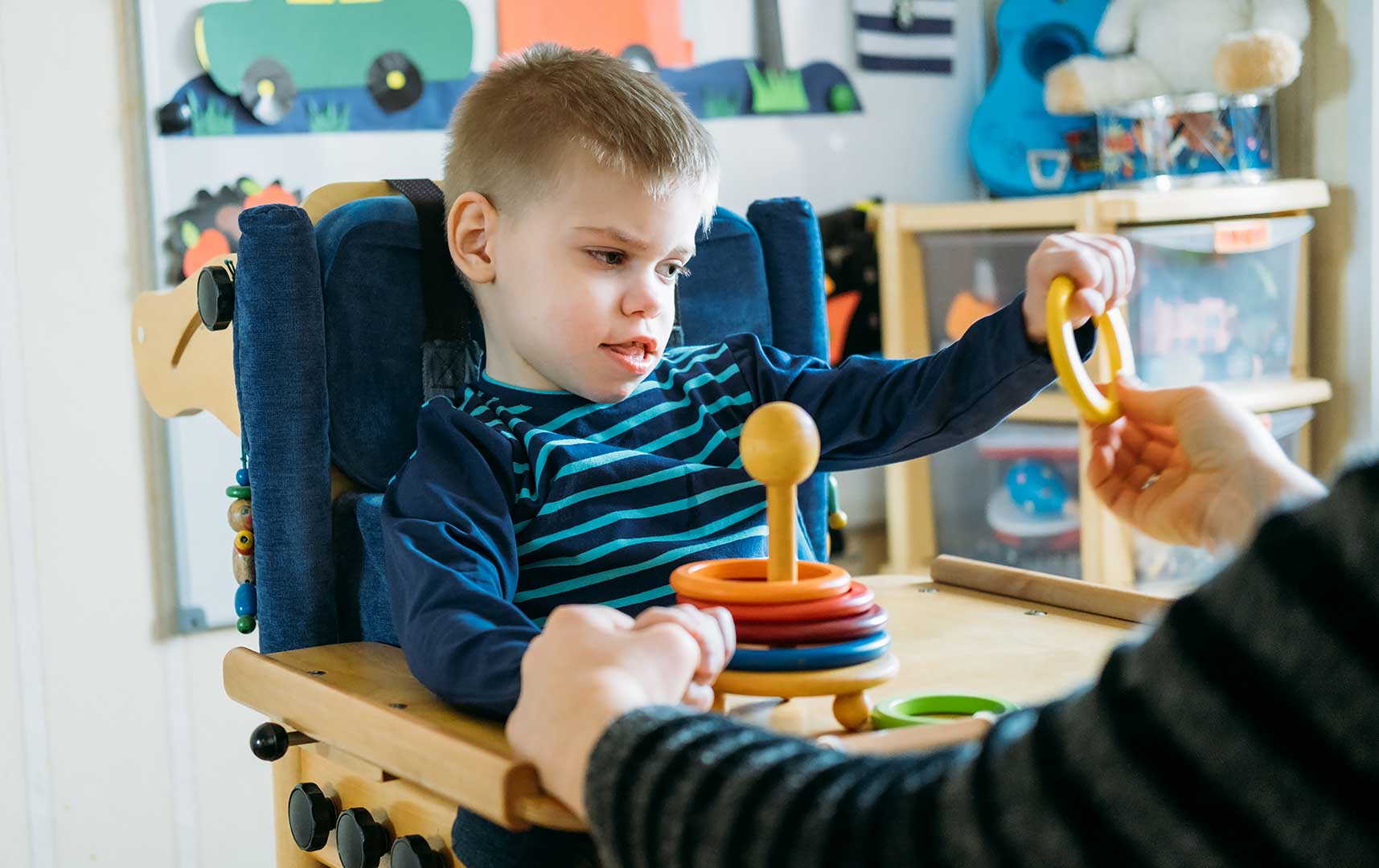For children with special needs, traditional classroom settings and learning methods may not always be enough. In such cases, special needs intensive intervention (one-on-one) can offer a customized and targeted approach to support their academic, social, and emotional development. This blog aims to provide an objective and neutral overview of this important intervention, exploring its benefits, considerations, and implementation strategies.
What is Special Needs Intensive Intervention (One-on-One)?
Special needs intensive intervention (one-on-one) is an individualized program designed to address the specific needs of a child with special needs. It involves frequent, intensive instruction provided by a qualified specialist in a one-on-one setting. This allows for personalized attention and flexible learning, catering to the child’s unique strengths, challenges, and learning style.
Benefits of Special Needs Intensive Intervention (One-on-One):
-
Improved academic performance: One-on-one instruction allows for a deeper understanding of concepts, tailored to the child’s individual needs. This can lead to significant improvement in academics, including reading, writing, math, and communication skills.
-
Enhanced social skills: Intensive intervention can provide opportunities for practicing social interaction and emotional regulation in a supportive environment. This can help children develop positive relationships with peers and adults, and improve their ability to manage challenging emotions.
-
Increased self-esteem: By witnessing progress and achieving goals, children can develop a sense of accomplishment and confidence. This can lead to increased motivation and engagement in learning.
-
Reduced frustration: Traditional classroom settings can be overwhelming for children with special needs. One-on-one instruction can provide a more relaxed and focused environment, reducing frustration and promoting optimal learning.
Implementation Strategies for Special Needs Intensive Intervention (One-on-one):
-
Clear goals and objectives: Clearly defined goals and objectives guide the intervention program, ensuring it remains focused and effective.
-
Data-driven decision making: Frequent data collection and analysis helps identify progress and inform adjustments to the program as needed.
-
Positive reinforcement: Recognizing and rewarding progress reinforces desired behaviors and enhances motivation.
-
Collaboration and communication: Regular communication and collaboration between specialists, parents, and teachers are crucial for ensuring consistency and support across different settings.
Special needs intensive intervention (one-on-one) has the potential to significantly benefit children with special needs by supporting their academic, social, and emotional development. However, it is important to weigh the benefits and considerations carefully, ensuring the program is appropriate and accessible for each individual child. By implementing effective strategies and fostering collaborative communication, special needs intensive intervention (one-on-one) can be a powerful tool in supporting children with special needs to reach their full potential.





Leave A Comment